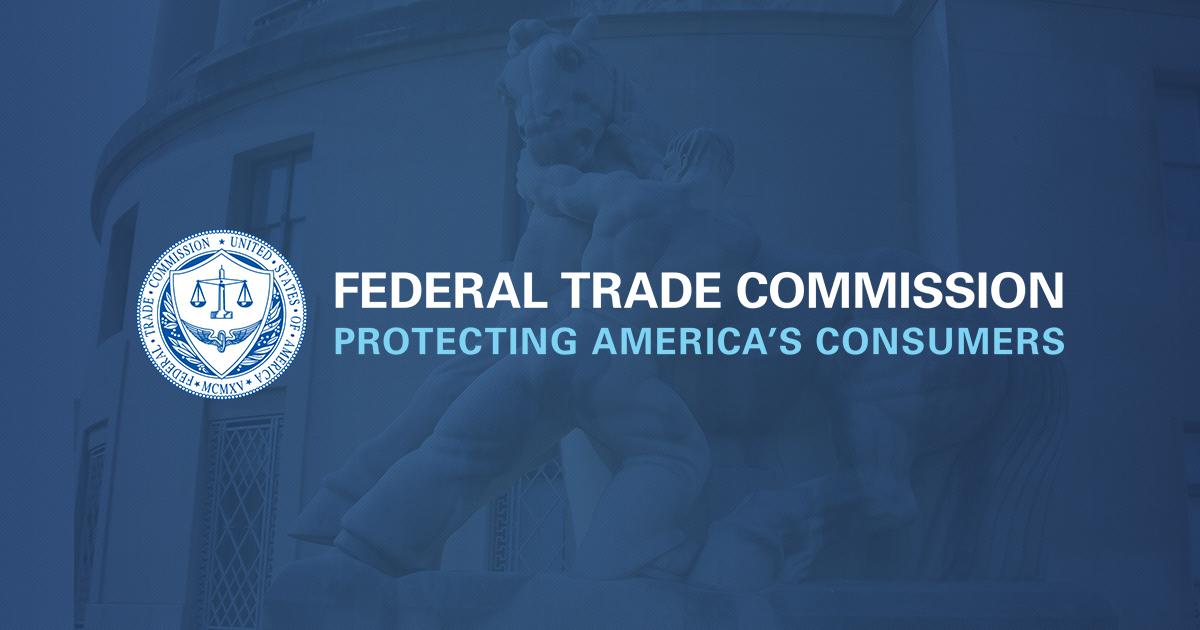An operation that collects debts owed to municipalities has agreed to stop engaging in allegedly illegal collection tactics under a settlement with the Federal Trade Commission.
According to the FTC, American Municipal Services Corporation and its owners, Lawrence Bergman and Gregory Pitchford, collect court fines, parking tickets, and debts for utility bills and other services on behalf of more than 500 municipalities in various states, including Alabama, Arkansas, Illinois, Kansas, Louisiana, Mississippi, Oklahoma and Texas.
Using “Warrant Enforcement Division” or “Municipal Enforcement Division” letterhead that falsely suggested that the letter was coming from a government agency, the defendants sent consumers an initial warning letter, and then a “FINAL NOTICE” falsely claiming, among other things, that the consumer was subject to imminent arrest for nonpayment, that their driver’s license may be suspended for nonpayment, and that the debts would be reported to consumer reporting agencies.
The defendants, who also employ collectors who call people in English and Spanish, are charged with violating the FTC Act and the Fair Debt Collection Practices Act (FDCPA).
Under a proposed stipulated order, the defendants are prohibited from making misrepresentations to collect debts, including: that an arrest warrant has been issued, that consumers must act immediately to avoid arrest, that failure to respond may lead to suspension of a driver’s license, that the defendants’ communications are from a government entity with arrest power, and that consumers’ payment status will be reported to credit reporting agencies.
The order also prohibits the defendants from making unsubstantiated claims and violating the FTC Act and the FDCPA, and imposes a $350,000 judgment that must be paid within seven days.
The Commission vote authorizing the staff to file the complaint and proposed stipulated final order was 2-0. The U.S. District Court for the Eastern District of Texas, Sherman Division, entered the order on March 21, 2017.
NOTE: The Commission files a complaint when it has “reason to believe” that the law has been or is being violated and it appears to the Commission that a proceeding is in the public interest. Stipulated final injunctions/orders have the force of law when approved and signed by the District Court judge.
The Federal Trade Commission works to promote competition, and protect and educate consumers. You can learn more about consumer topics and file a consumer complaint online or by calling 1-877-FTC-HELP (382-4357). Like the FTC on Facebook, follow us on Twitter, read our blogs and subscribe to press releases for the latest FTC news and resources.

